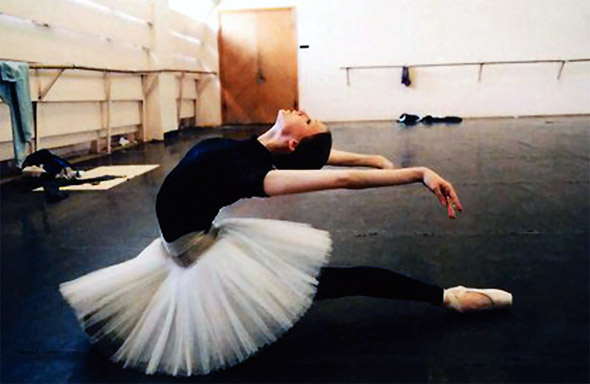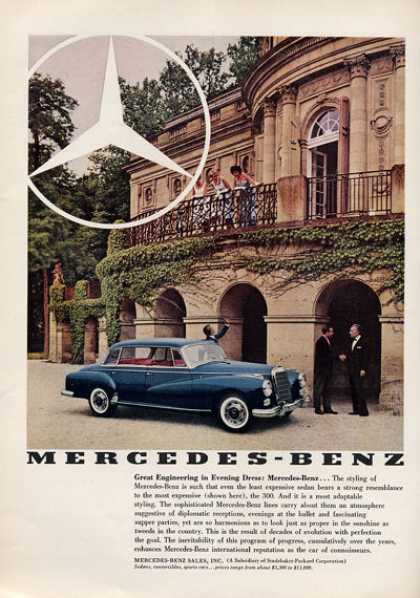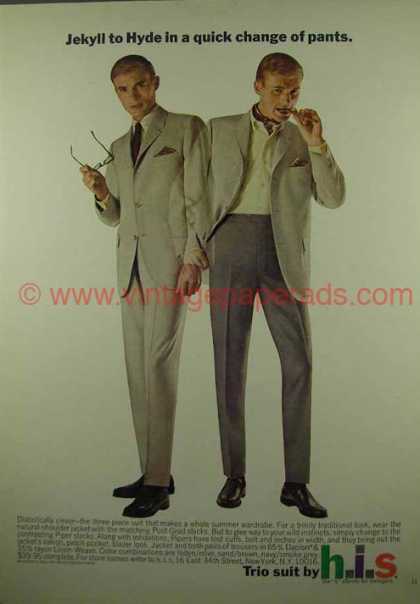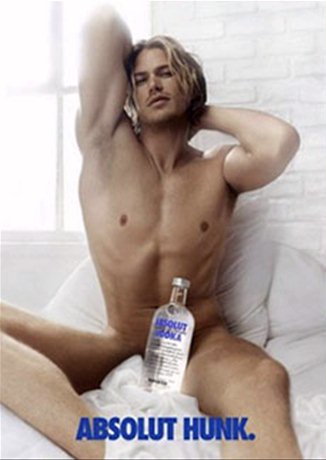One night, four of us ended up at Seattle's lovely Mistral Kitchen for dinner, because the rumor mill had it that the cocktails were pretty good.
The rumor mill underestimated by a mile.
The cocktails were more than good: they were fantastic. Maybe the best cocktails I've ever had: well-crafted, unique, and utterly delicious. And because the list was only eight items long, and because we'd all ordered different drinks in the first round, and because nobody was driving anywhere for the foreseeable evening's future, we managed to taste everything on the menu in the course of an hour and a half.
The bartender Andrew noticed, and graciously allowed us to taste something he was planning to put on the new menu due out the following week. It was something that had the smokey taste of whiskey, but none of the burn, and we just could not figure out how he'd done it. So we asked, and he was kind enough to explain the process and a bit of the chemistry and all of us were starry-eyed and dazzled.
It was a lovely evening, and as soon as I got home I subscribed to the feed on Caskstrength, Andrew's blog. For a while, it was perfect -- he talked about creating a Tom Waits-inspired cocktail, and chainsawing ice, and other such specifics. He introduced me to the word "dipsography," writing about drinking, which is a much-needed coinage in this new cocktail renaissance of ours. Then, just when I thought the blog and I were bestest buddies, or at least could talk intelligently between one another, this post came up, introducing a short series of posts: ten rules for drinking like a man.
Also known as: ten things you can say to make Alicia's head explode.
The only thing I can do is take them apart one at a time, beginning with the intro post.
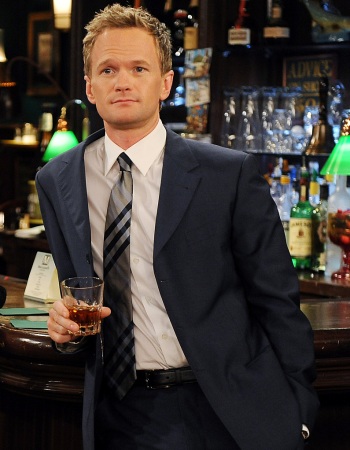 Problem No. 1: Man = Ideal
Problem No. 1: Man = Ideal
When people say, "drink like a man," they never bother to explain that this is for a given value of "man." It's assumed you know this value already: a man is strong, rugged, powerful, successful, and so on. In a word, man is an ideal person. For a woman to drink like a man, she must first disown her own identity. She cannot be soft, quiet, passive, sweet, or fruity. Of course, she has to be all those things, because she is female, and those are the ideal feminine qualities. So if she doesn't drink like a man, she deserves scorn. If she does drink like a man, she deserves scorn.
As Caskstrength's Andrew has it:
The world of drinks, drinking and bars fit nicely into 2 small compartments: ” T.G.I. Mc Flingers in a strip mall,” or, “Don Draper,” where do you stand?
No options there for a woman, because when Don Draper is the gold standard a woman will always be found lacking. (Especially by Don Draper himself.)
Drinking like a man: it is a trap.
Problem No. 2: Men drink, women don't.
A quote:
Men, It isn’t your fault no one taught you what to drink. We are going to fix that now. Ladies, if you see a man break any of these rules you can be assured he is egotistical, close minded, weak, lacks creativity and thusly a bad fuck.
Ah, the age-old double standard for alcohol consumption: men drink, and women don't. Women are not to follow these rules themselves, that sentence implies -- they should be occupied analyzing what a man's choice of beverage says about him as a person and a lover (by which we mean, ultimately, father). Because of course something like romantic compatibility can be reduced to the simplicity of a set of rules no more complex than your average teen-written internet quiz.
But I pose to you, evaluate the man who has placed a menu in front of you offering up an, “X-TREME MANGO MOJITO,” do you really trust him with with high quality and impeccable taste?
This sentence brings up an interesting point: often, people order from a cocktail menu. A menu is pre-designed, pre-arranged, and the person ordering from it is discouraged from asking the menu item to be altered. What the woman is supposed to do is critique the man she's dining/drinking with (though, as we've seen, she's not really supposed to be doing any of the drinking). She's not encouraged to critique the person who put an X-TREME MANGO MOJITO on that menu in the first place, although there is a strong case to be made that it is the taste of the menu's creator that should be faulted. To fault the person who orders from the menu, and not the menu itself, seems to ignore the larger context in which the drink order occurs. The same goes if women are supposed to reward the person who orders a "manly" cocktail -- and we still don't know what that is -- but not to reward the creator of the menu. She is supposed to ignore the larger context, as if it didn't exist.
In the same way, she is supposed to keep herself clean and thin and mostly hairless. She is not supposed to ask why women have to be clean and thin and hairless, when there is no correspondingly significant pressure for men. She is not supposed to ask what this system does for her personally -- she is just supposed to follow the rules.
Telling women to focus on the immediate situation rather than the larger context is often also a trap.
Problem No. 3: Turns out all this is geared toward one specific dude.
I left a comment on Caskstrength, to this effect: "Hey, dude, this kinda leaves the ladies out in the cold, cocktail-wise. Know what I mean?"
And he replied -- very graciously, I might add -- that the series was directed at a personal friend, for personal reasons.
Which is very sweet, helping out a friend like that. I also have a friend, and this friend is terrified of kittens. So, rather than personally helping this person conquer their fear of kittens, or even writing a post explaining how to help this specific person conquer their specific fear of kittens, I have written a post that details all the ways in which kittens are harmful and should be thrown out the window of a moving train.
I have another friend, who is a woman. This woman -- let's call her "Balicia" -- has been on the wrong side of way too many "here's how to drink/think/read/write like a man, because we all know men are teh awesome" conversations. She doesn't mind learning how to drink/think/read/write better, but it really bothers her when "better" = "like a dude," because it is a very short step from "traditional masculine-coded areas of know-how are an ideal everyone should strive for no matter their gender" to "men are inherently superior because of a wiggly thing between their legs."
You see how this works. It's Refute-A-Thon 2010 all up in here.
Because if I don't try and speak out on things like this, they will drive me crazy. Andrew at Caskstrength is truly an authority on his topic. His knowledge is beyond vast. He may well be one of the best bartenders of our generation; he is certainly the best bartender whose drinks I have ever had the privilege to consume. And when someone whose work I admire turns around and says something so regressive and hurtful, well, it makes me feel like I've been stabbed in the back, just a little.
Here's the list of upcoming posts:
Rule 1: No Vodka
Rule 2: No “Tinis”
Rule 3: No Light Beer, unless…
Rule 4: Jack Daniel’s Is For Pussies
Rule 5: Read the Cocktail List
Rule 6: Cash, the Etiquette of Dollars
Rule 7: Own Your Drink and the Glass It Is In
Rule 8: Order Champagne, Often
Rule 9: Own a Flask And Good Home Barware
Rule 10: Know Your Limits
I can hardly wait.

